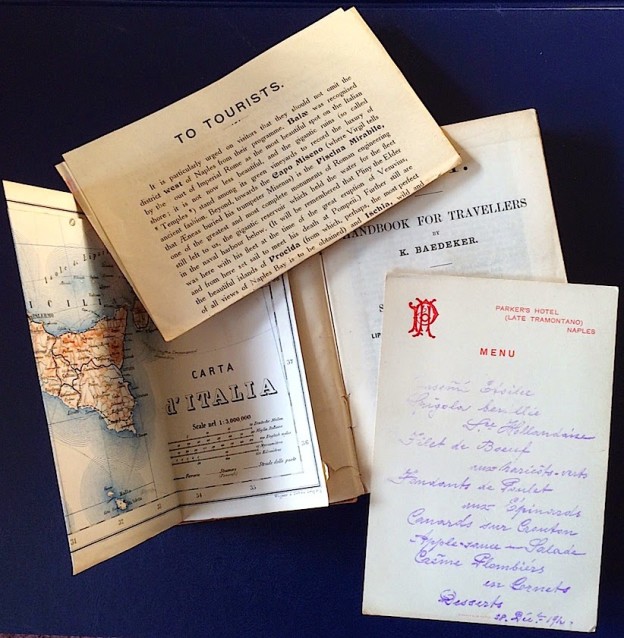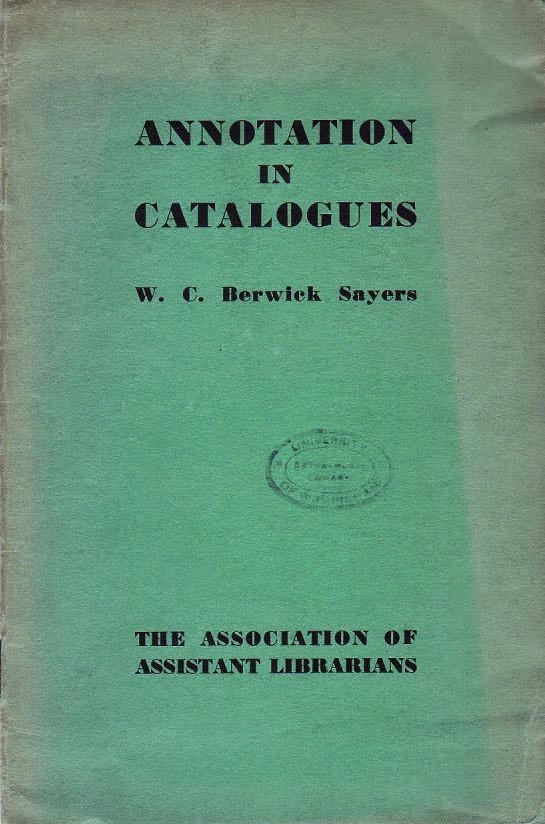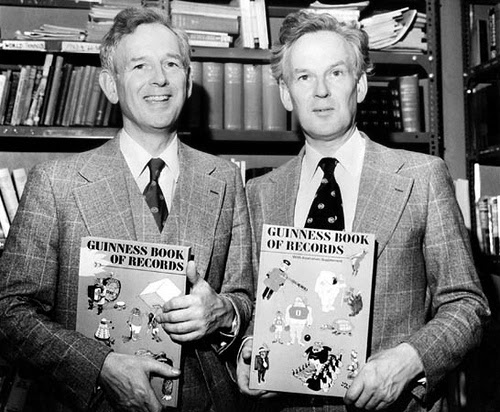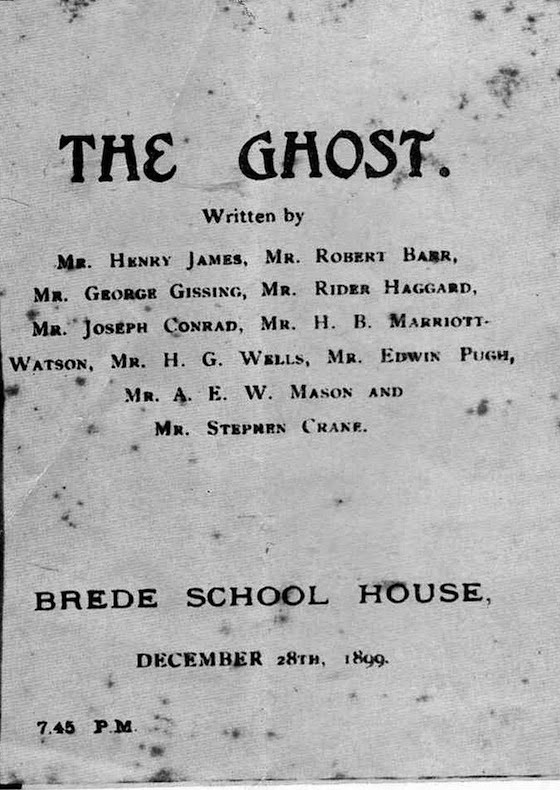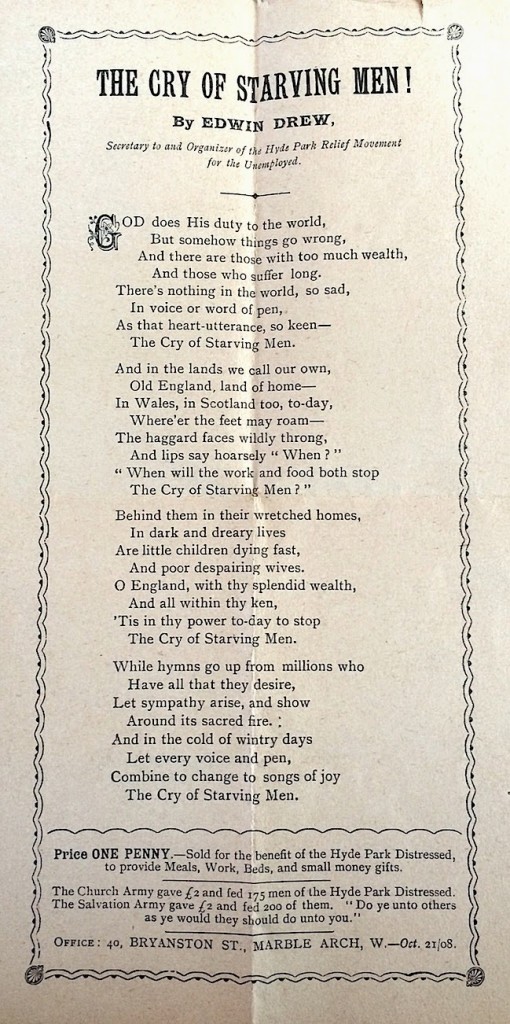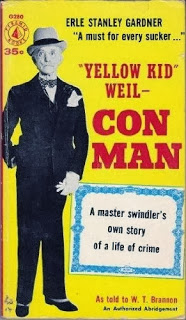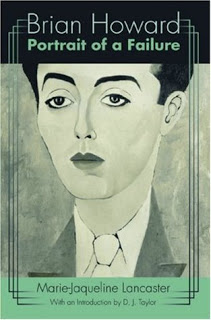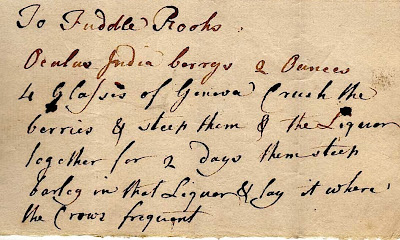
Two press cuttings about a sale of papers belonging to Dennis Wheatley (1897-1977) writer of thrillers and occult novels. Dated 5th August 1984. The reports, which mention the sum of money (£1100) as if it were a fortune, differ in emphasis and depth. One reporter, Cowdry, seems to have gone through the lot himself. He also seems to suggest that the secret lover had become a 'difficulty', requiring the services of a private detective.
Riddle of an author in love
By Phillip Jordan
Dennis Wheatley prided himself on being the writer who put sex into English thrillers.His middle-class heroes and heroines used not only to battle the forces of Satanism, but also to go to bed with each other even when they were not married.
Yesterday, seven years after Wheatley died, a mystery worthy of his own pen developed – over his love life.
The clues came from an auction in Bournemouth of 15 boxes of the author's personal papers. They included a bundle of about 100 letters and notes from women.
The mystery is over seven letters posted to him in 1926, three years after he married his first wife Nancy.
One thanks him for 'last night'. Another says: 'You must know, darling, I would do anything to be with you.' All are signed lovingly, 'Gwen'.
But the correspondence ends abruptly in the first week of December, 1926. And alongside the letters in Lot 464, which fetched £1,100, are a series of reports from Thomas P. Cox, private investigator.These, headed 'G.M.L.,' give details of how detectives followed a woman from the same address in Ashley Gardens, London, which was at the top of the letters from 'Gwen'.
And they are pinned to other reports tracking down the background of an apparently wealthy shipbroker, Thomas Albert Clements of Lansdowne Road, Holland Park. And a man from Reading, seemingly known to 'G.M.L.,' called Kilpatrick.
In 1931 Wheatley married for a second time. His new wife Joan Johnstone had the middle name Gwendoline. But the initials did not match: She was 'J.G.J.' not 'G.M.L.'.
Auctioneer Trevor Langton said that the man selling the papers had no connection with Wheatley, whose second wife died in 1982.
The author's son, publisher Anthony Wheatley, said: 'We know nothing about this auction.'
Continue reading →

